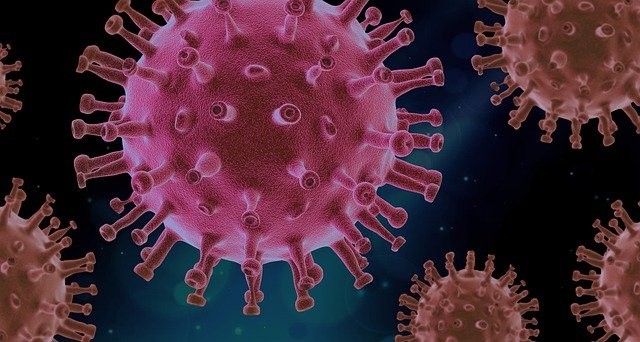
The rise of the new coronavirus variants has the makers of Pfizer/BioNTech vaccine claiming it works. The data comes from a small study not representative of more extensive research, which should be determined.
Sars-Cov-2 is the initial name of the virus from Wuhan; later, it was called COVID-19. Typically viruses change and evolve to keep the best adaptation but revert to their original form.
PfizerBioNTech Vaccine Can Work Against the New Coronavirus Variants
The COVID-19 vaccines by Pfizer and BioNTech, according to them, can handle the South African and U.K. virus types. Current data about these two recent strains alleged they are very infectious, but these facts need further verification. The U.S. drugmaker base their claims on recent lab studies reported Reuters.
It should note that Pfizer has no peer view of its alleged data from the University of Texas Medical Branch. They point out the vaccine negated the mutated spike protein "N501Y", preventing it from infecting the host cell.
Usually, spiked proteins are easily defeated by antibodies, but the 501.V2 and B.1.1.7 have significant changes in the hook protein. It concerns scientists the most, which improves the chances of taking over a human cell and infecting it.
According to Phil Dormitzer, linked to Pfizer's vaccine development has this to say about it. Probability says that these mutated proteins could make it easily infectious. This evolution of the COVID-19 virus makes vaccines less effective because antibodies won't work on it.
An experiment conducted on blood samples of those already inoculated with the Pfizer/BioNTech vaccine was done. One goal is to see how effective the Pfizer COVID-19 medicine is against new coronavirus variants.
Also read: According to Dr. Scott Gottlieb, South African COVID-19 Variant May Render Antibody Drugs Useless
Data is insufficient to know its full protection because the 501.V2 and B.1.1.7 are not fully mapped yet. These strains are infecting more and still evolving as it travels from one host to another.
Dormitzer mentions that the result from the exposure of the U.K. and South African strain to the vaccine showed progress in dealing with mutated proteins. So far, the vaccine was documented to handle 15 mutations tested before.
One caveat to these claims is there are dozens of mutations, and 15 is only a minuscule number. It is a big question mark if a vaccine can foster effective immune responses.
He added that 16 mutations had been tested with no relevant effect, which is good news. One other thing is the 17th mutation is a concern for the researchers.
Dormitzer mention one more adaptation detected in the South African variant, also called the E484K mutation, that is troubling.
Researchers are doing the tests on the samples and exposing the vaccines to determine how far it will work on different strains. Working on the new COVID-19 strains may take weeks before anything is definite.
When vaccines were issued for emergency use by the FDA, it was expected to work. The 501.V2 and B.1.1.7 are evolved viruses having a set of new attributes that might thwart the new vaccines.
Simon Clarke, an associate professor in cellular microbiology, stated that the U.K. and South African strains have changes in their spike protein. Both have different proteins that are concentrated in the spike part that penetrates host cells.
The Pfizer/BioNTech vaccine is yet to be determined to deal with new coronavirus variants in more studies.
Related article: South African COVID Variant May Have Evolved New Spike Protein to Bypass Immune System








